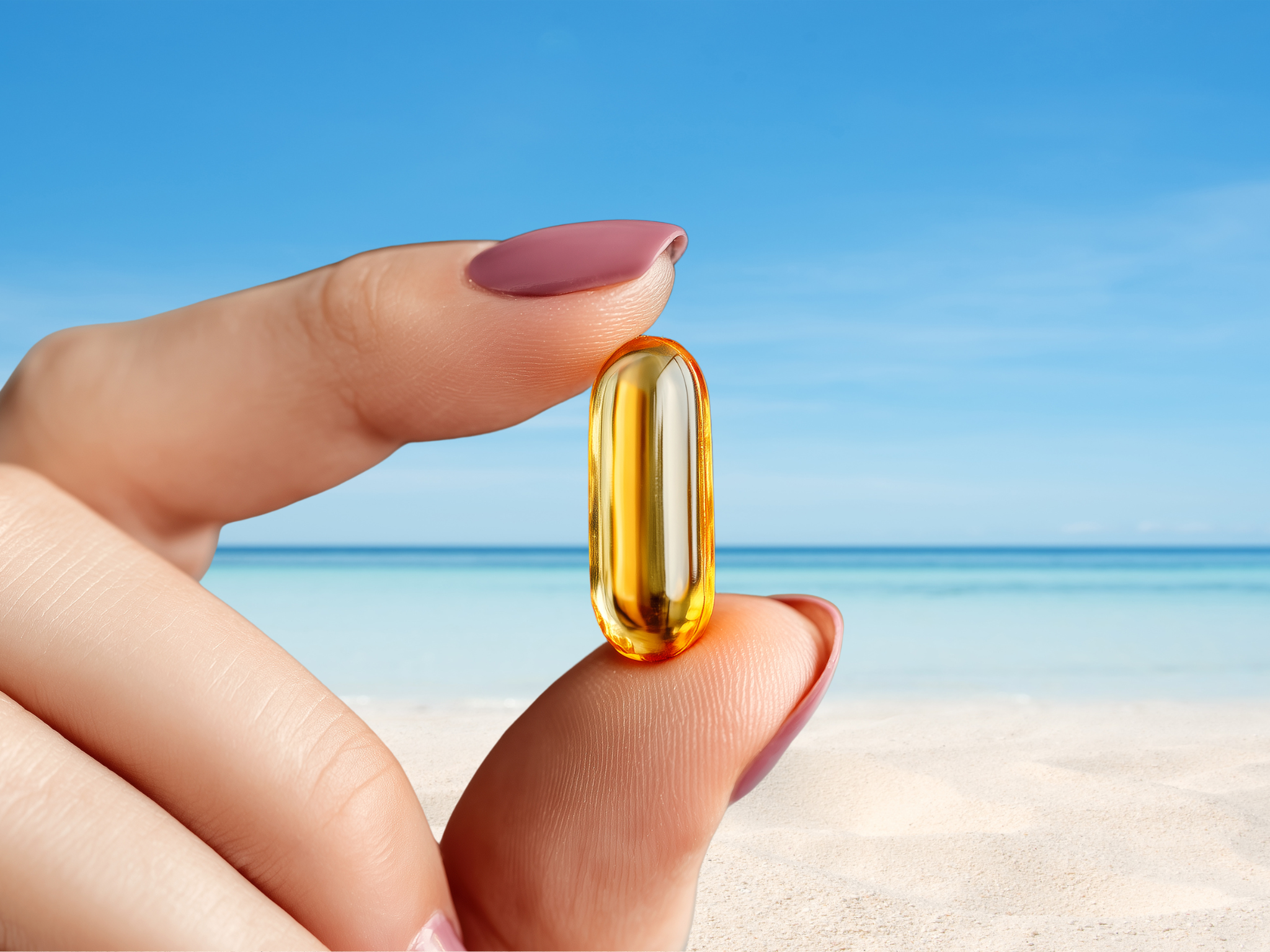
Singaporean food tech startup Umami Bioworks has launched a line of cell-cultured marine supplements to address nutritional deficiencies in non-seafood consumers.
Despite consumer concerns about overfishing and the environmental implications of conventional seafood, fish-free alternatives still make up just 1% of this industry.
Nutrition is a major reason. Vegan and vegetarian seafood analogues tend to have a lower protein, vitamin B12, and omega-3 content, and experts have called for a diversification of sources and greater micronutrient fortification to truly build consumer uptake.
For instance, most seafood alternatives that contain omega-3 fatty acids source them from alpha-linolenic acid, which converts poorly into eicosapentaenoic acid (EPA) and docosahexaenoic acid (DHA).
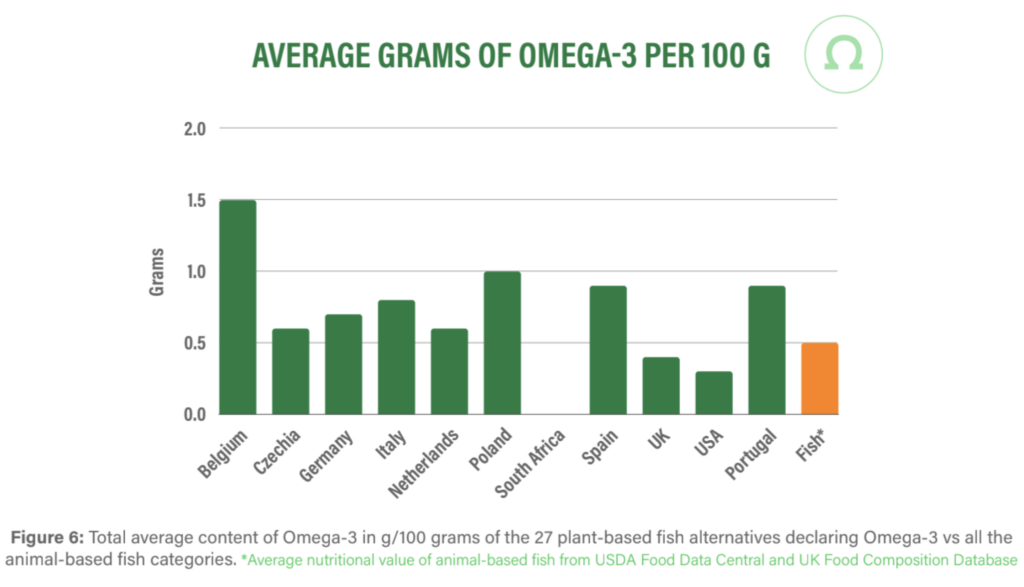
“To better replicate the nutritional profile of seafood, plant-based alternatives should consider the inclusion of EPA and DHA – for example, by using algae oil as a direct source,” food awareness organisation ProVeg International suggested in a recent nutrition report.
One company is presenting cellular agriculture as a solution. Singapore-based Umami Bioworks, best known for its cultivated seafood innovations, recently diversified into a wider range of marine ingredients for food, supplements and cosmetics.
Now, it has launched a range of cultivated marine supplements specifically for consumers who don’t consume conventional seafood, including vegans and vegetarians lacking in certain important nutrients.
An AI platform that creates cultivated marine ingredients
As Umami Bioworks notes, vegetarians are prone to deficiencies in nutrients naturally abundant in seafood, like vitamins B12 and D, omega-3 fatty acids, iron, zinc, and iodine. These are essential for brain health, energy and immunity, but are often missing or poorly absorbed from plant-based sources.
Vitamin B12, for example, is mostly produced by marine bacteria, while iron from lentils or spinach is absorbed five times less efficiently than from shellfish. And vitamin D and iodine are naturally concentrated in marine species rather than in soil-grown crops.
To plug this gap, the startup has used its AI-led Alkemyst platform to cultivate marine cells that naturally produce the same bioactive compounds found in fish, including pure omega-3s, collagen peptides, selenium, and B12.
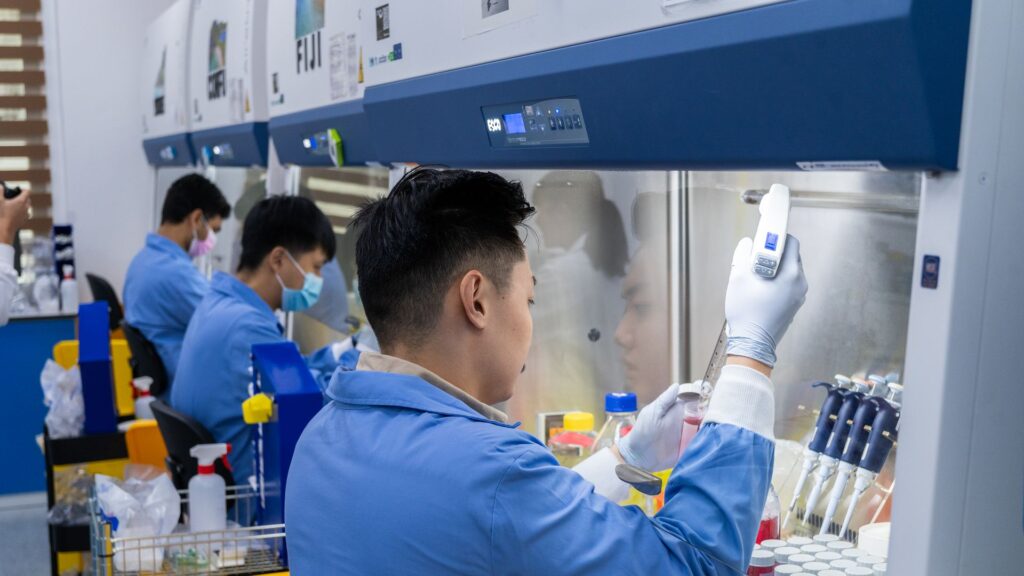
Alkemyst uses machine learning, computational biology, and digital twin technology to deliver a faster, more precise R&D approach to growing and optimising the production of any marine species via cellular agriculture. The platform analyses data, identifies patterns and optimises R&D and scale-up parameters across areas like cell line selection, media development, and process controls.
The digital twin tech allows it to simulate and predict outcomes, reducing the amount of screening and scale-up experiments needed and thus saving both time and resources. Plus, it enables Umami Bioworks to transfer learnings from one species to another, improving the efficiency with which it can develop new products.
Cell-cultured ingredients aren’t vegan, raising questions about labelling
Umami Bioworks’s initial programmes focus on eel, salmon and tuna, all renowned for their high concentrations of taurine and selenium, elevated DHA/EPA ratios, and collagen-rich matrices.
“We cultivate marine cells that naturally produce key nutrients. These are refined across our pilot facilities in Singapore and Malaysia, then provided to partners in ingredient formats that can be incorporated into supplements and wellness products,” Gayathri Mani, a product manager at the startup, tells Green Queen.
“Vegetarians and plant-forward consumers shouldn’t have to compromise their health,” says fellow product manager Mehaa Bajaj. “We’ve built a platform that recreates the ocean’s most powerful nutrients without relying on the ocean. This is how the plant-based generation gets the benefits of seafood, sustainably.”
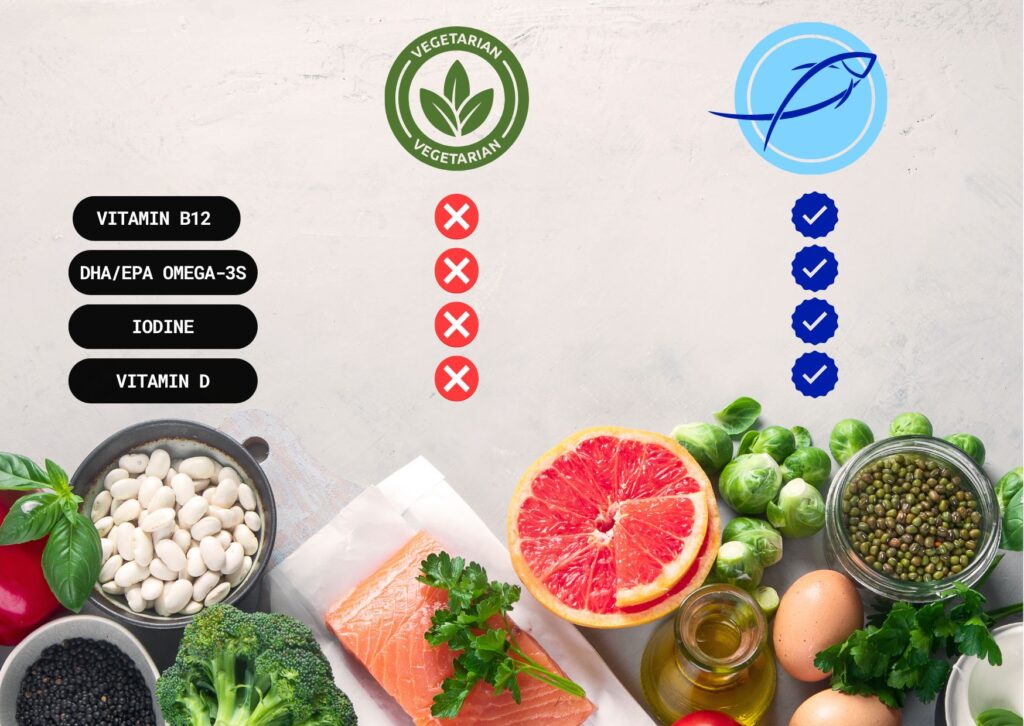
It is worth noting that such cultivated products aren’t considered vegan yet, since current processes involve culturing cells derived from animals. It would be interesting to see how these supplements will be labelled, and whether this deters vegans or vegetarians from consuming them.
“We are actively engaging with certification bodies and industry groups to support clearer frameworks for cell-cultivated marine ingredients, and we will continue educating consumers on how these ingredients are produced and why they matter,” says Mani.
“Our aim is to make the sourcing and sustainability story transparent, so individuals can make informed choices aligned with their health goals and values.”
Umami Bioworks targets 2026 launch of cultivated supplements and seafood
Aside from catering to non-seafood consumers, these supplements also address the environmental impact of producing conventional marine ingredients. Nearly 90% of global fish stocks are at maximum capacity or overfished. One study suggests that we could be heading towards a complete collapse of ocean life by 2048, driven primarily by overfishing.
By producing ingredients in bioreactors instead, Umami Bioworks is lightening the load on the ocean and its species, and lowering the industry’s impact on the planet. It is now in “advanced stages of commercialisation” with partners globally, aiming to launch its first products with major brands in 2026.
“We are collaborating with select global brands in supplements, nutrition, and functional wellness,” says Mani. “The initial product lines focus on collagen peptide complexes, marine fatty acid ingredients, PDRN, and peptides relevant to metabolic support, with formulations shaped jointly to meet brand and market needs.”
She adds: “The exact product forms and concentrations are co-developed with each partner, depending on their target consumer and regulatory pathway.”
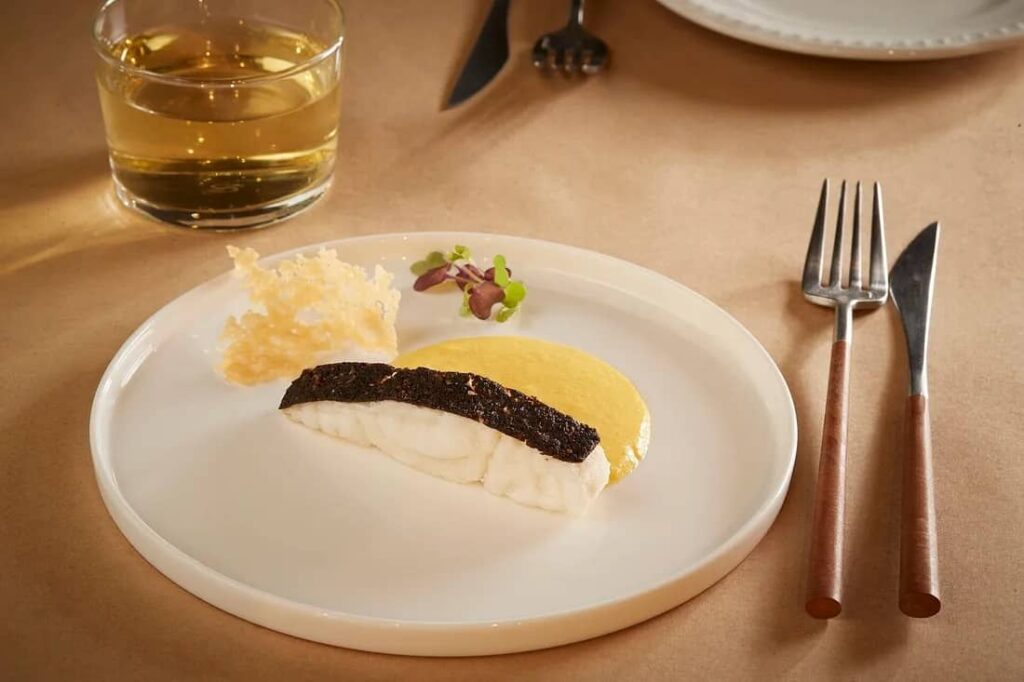
The firm has already launched Marine Radiance, a line of cell-cultured marine bioactives, starting with PDRN, a regenerative compound traditionally extracted from salmon sperm that has gained popularity in the skincare world due to its prominence in K-beauty. Further, it has partnered with Tokyo-based IntegriCulture to co-create beauty and skincare products using the Marine Radiance line.
Umami Bioworks is also working with James Cook University to advance research in allergen-free cultivated seafood, and recently announced plans to build a $10M production facility in Japan by 2027.
And in July, it registered two cultivated whitefish ingredients with the EU Feed Materials Register, allowing it to sell them for pet food applications in the region. It’s targeting a Q2 2026 launch, while awaiting approval for human food use in Singapore.
The post Can Cultivated Marine Supplements Plug the Alt-Seafood Nutrition Gap? appeared first on Green Queen.
This post was originally published on Green Queen.